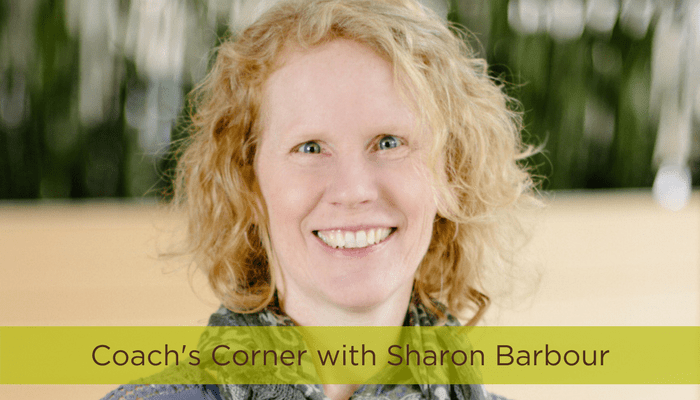By DLCC Coach Sharon Barbour
I heard recently that the average New Year’s resolution lasts 17 days. 17 days! That’s a bit of a downer. But honestly, it makes me feel better for the times when my resolution didn’t even see the light of day number 8!
Can you relate? We have such good intentions! We truly want to volunteer in the community or be more fit or get back to playing music or make healthy meals more often. We begin with gusto in early January and by February (or March if we are AMAZING), our resolution is often dust…a faint memory of a good idea.
And yet, this doesn’t always happen. We’ve heard the stories – or maybe even experienced the times – when a resolution led to satisfying new habits or creations. What do we know about what helps resolutions lead to positive, long-term change? Here are my top four tips, using ‘play music again’ as the example resolution:
- Get clear on what’s truly important about this change. What do you want to experience more of by following through with your resolution? What’s the essence of what you want? For example, by playing music again, I want to experience more aliveness and connection. That’s what I truly want!
Now, let yourself imagine playing music and feel that aliveness and connection. You may notice that you start feeling pretty good. This is a great state from which to consider next steps. You will see more possibilities for inspired action from an open state like this than from a more constricted state of ‘figuring it out’ or forcing yourself. - Know your blocks. What’s likely to get in the way for you as you step into creating what you want? How do you want to be with that block when it shows up? Maybe your block is a voice in your head that says, “Are you kidding?? You don’t have time to play music and you’re not even that good!”
You can ask yourself – how is that voice serving me? Maybe the answer is that it’s keeping you from being embarrassed when you play a wrong note or two. Now you can thank that voice and say “That was a concern in the past, and now it’s more important to me to play my saxophone than to play perfectly. So, thanks for sharing, but I’m going ahead with this. It’ll be okay.” Take a breath and smile. You are now in the driver’s seat instead of the voice of an old habit. - Practice being kind and patient with yourself. If you don’t make the change as quickly, easily or gracefully as you had hoped, make it an opportunity to practice being kind to yourself anyway, and then consider another way forward.
- Create structures to support you. Here are some examples: Block out time on your calendar and PROTECT that time. Tell a friend you that you are going to start playing your sax again and see if they’d chat with you once a week about how it’s going (i.e. be an accountability partner).
And, of course, hiring a coach can help tremendously in discovering and implementing all of the above and more!
Coaching can support you in creating what’s truly important to you, loosening the habits that get in your way and tuning your relationship with yourself towards kindness. I wish you the best!



